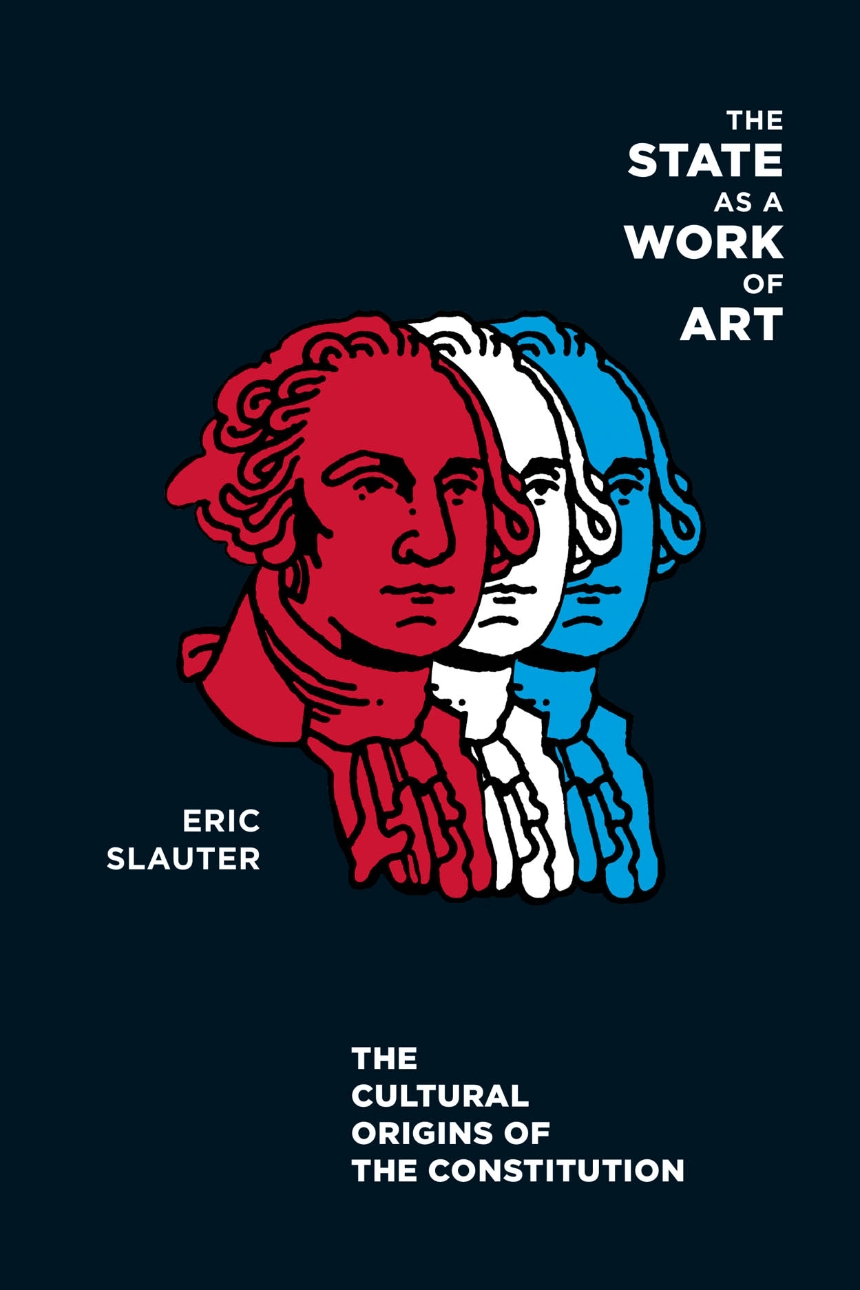The State as a Work of Art
The Cultural Origins of the Constitution
Publication supported by the Bevington Fund
The founding of the United States after the American Revolution was so deliberate, so inspired, and so monumental in scope that the key actors considered this new government to be a work of art framed from natural rights. Recognizing the artificial nature of the state, these early politicians believed the culture of a people should inform the development of their governing rules and bodies. Eric Slauter explores these central ideas in this extensive and novel account of the origins and meanings of the Constitution of the United States. Slauter uncovers the hidden cultural histories upon which the document rests, highlights the voices of ordinary people, and considers how the artifice of the state was challenged in its effort to sustain inalienable natural rights alongside slavery and to achieve political secularization at a moment of growing religious expression.
A complement to classic studies of the Constitution’s economic, ideological, and political origins, The State as a Work of Art sheds new light on the origins of the Constitution and on ongoing debates over its interpretation.
392 pages | 23 halftones, 5 line drawings | 6 x 9 | © 2009
History: American History
Law and Legal Studies: The Constitution and the Courts
Literature and Literary Criticism: American and Canadian Literature, British and Irish Literature
Reviews
Table of Contents
Acknowledgments
Introduction: Culture and Constitutionalism
A Note on Constitutional Interpretation
Prologue: The Fools’ Contest
I. The State as a Work of Art
Chapter 1. Making a Government of Laws
Chapter 2. Aesthetics and the Science of Politics
Chapter 3. The Matter and Meaning of Representation
II. The Culture of Natural Rights
Chapter 4. Slavery and the Language of Rights
Chapter 5. Being Alone in the Age of the Social Contract
Chapter 6. The Godless Constitution and the Sacred Rights of Man
Epilogue: The Age of Constitutions
Notes
Index
